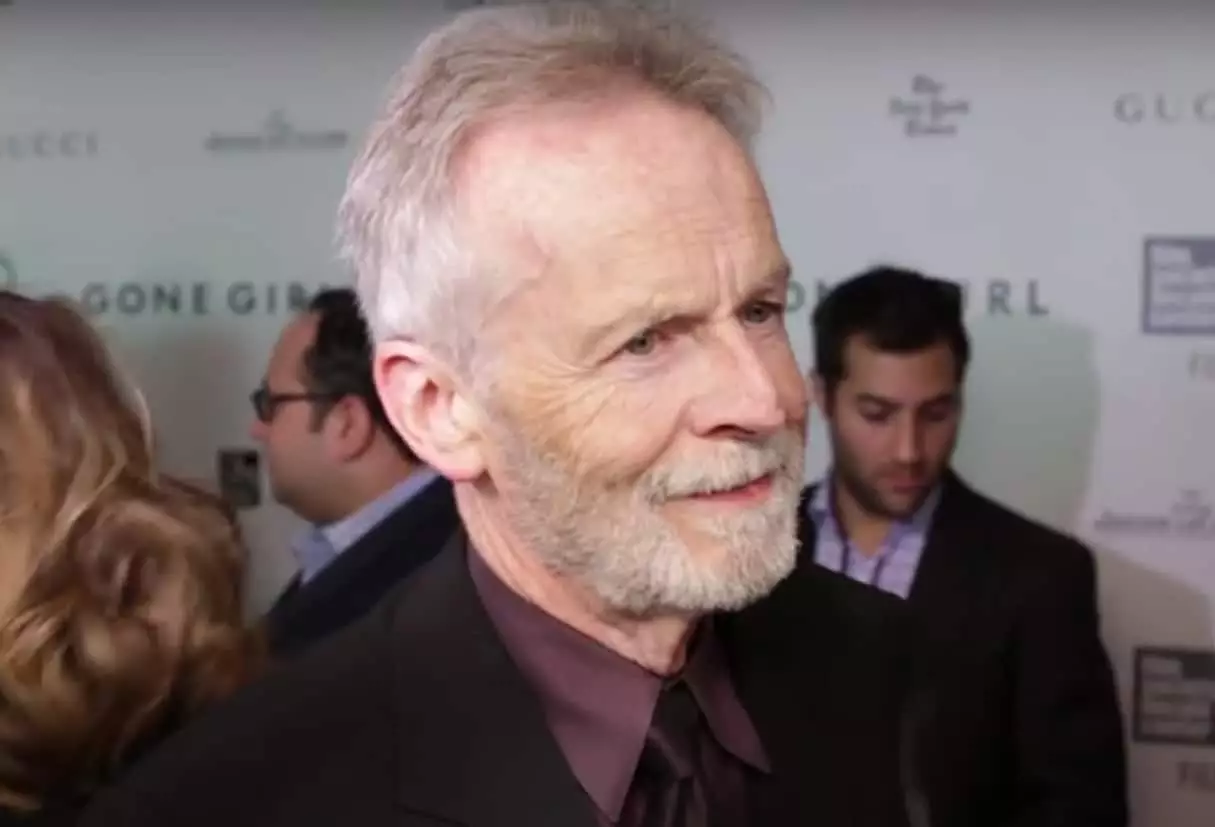At a recent cinematic gathering, veteran actor David Clennon, known for his roles in films like “The Thing” and “Gone Girl,” shared insights into the life of the incomparable Muhammad Ali. Now 81, Clennon reflected on his experience filming “The Greatest,” a movie that not only celebrated Ali’s boxing prowess but also underscored his significance as a social justice figure during a turbulent era in American history. The film, released in 1977, saw Ali embody his own life story, leaving a profound impact on those who witnessed his journey.
Muhammad Ali’s legacy transcends sports; he was a key figure in the counterculture of the 1960s and 70s, a time marked by anti-war protests and civil rights movements. Clennon’s portrayal in the film, particularly in the pivotal draft refusal scene, encapsulated not just a moment in Ali’s career but a stand against an unjust war—the Vietnam War. Clennon’s character leads Ali out of a tense situation, marking a crucial point in both the film and Ali’s life. This scene resonates as a poignant reminder of the sacrifices Ali made, including a significant hiatus from boxing, which cost him dearly in terms of titles and reputation.
In his conversation, Clennon expressed how profoundly impactful it was for him, as a young actor, to work alongside someone he had idolized. When asked about his experience being in a film with Ali, Clennon stated, “It was special.” He indicated a deep connection with Ali’s principles; he himself resonated with Ali’s stance as a conscientious objector. Clennon found himself among a group of young individuals who viewed Ali as a beacon of hope against imperial aggression. “Ali’s stance gave us that much more strength and voice,” Clennon stated, indicating Ali’s power as a cultural figure who provided affirmation and leadership during a time of widespread discontent.
This admiration extended beyond their shared perspective on social issues. Clennon recalled Ali’s humility and frankness on set, emphasizing his lack of ego. “Ali was… just so approachable,” he noted, which illustrates how grounded Ali remained despite his celebrity status. This quality helped create an atmosphere in which everyone involved in the production felt connected, further enriching their cinematic endeavor with authenticity.
Clennon articulated his belief that “The Greatest” belongs at the forefront of cinematic portrayals of Ali. While recognizing the merits of Will Smith’s 2001 portrayal in the film “Ali,” Clennon asserted that “The Greatest” has the unique advantage of featuring Ali himself, offering audiences an intimate glimpse of the man behind the legend. The supporting cast, which includes luminous stars like Ernest Borgnine and James Earl Jones, bolstered the film’s credibility and emotional weight.
Moreover, the film’s capacity to showcase Ali not only as a boxer but also as an activist amplifies its relevance. Clennon’s involvement in the film allows him to view the story from an insider’s perspective, shaping a personal narrative that resonates with both viewers and those who participated in the film’s creation. His passion for the project is palpable, as he argues for the movie’s lasting significance, positioning it as a definitive account of Ali’s multifaceted life.
Throughout the discussion, Clennon recognized Ali’s impact on culture and society. He articulated how Ali’s charisma and larger-than-life persona left an indelible mark, transcending the mere boundaries of boxing. “Who doesn’t like a big fight?” Clennon mused, subtly hinting at the idea that Ali’s appeal expanded beyond boxing enthusiasts to include individuals who might never have followed the sport. The conversations around Ali often extend to discussions of race, courage, and the morality of war, showing just how significant his influence was.
This exploration of Muhammad Ali through Clennon’s lens highlights not only the reverberations of his legacy in film but also its continued resonance in today’s societal dialogues. As a figure who confronted injustice and galvanized public opinion, Ali’s life story remains a powerful narrative of resilience, making “The Greatest” and Clennon’s reflections a significant part of that legacy.

